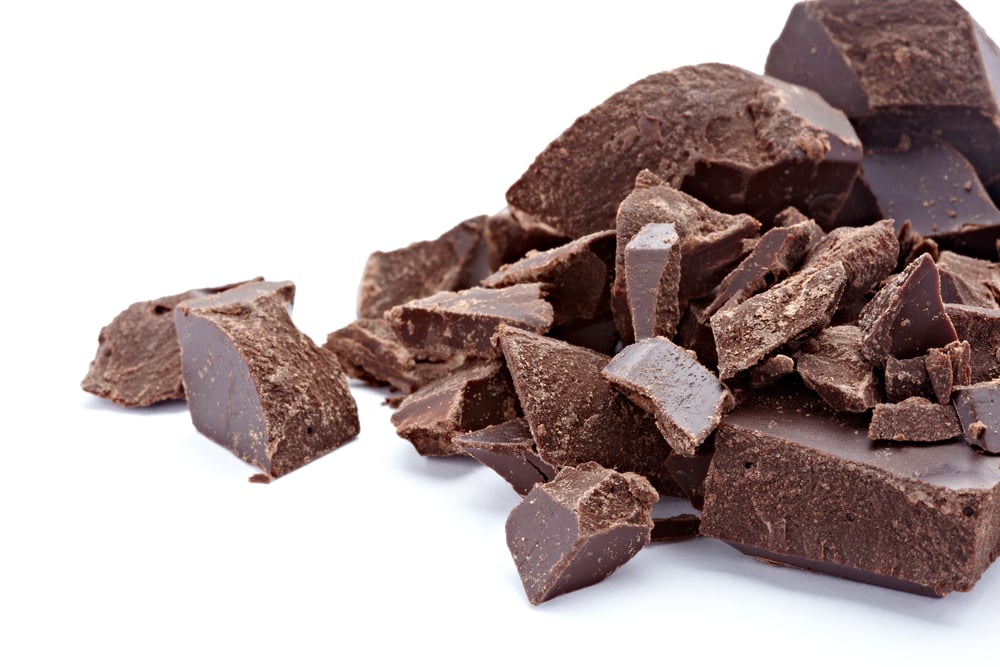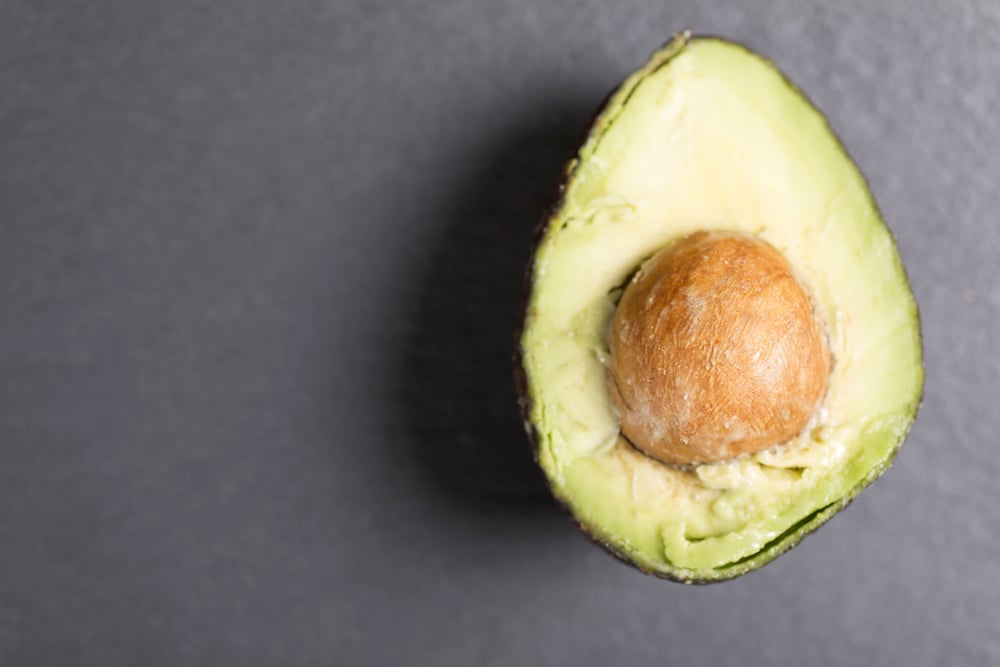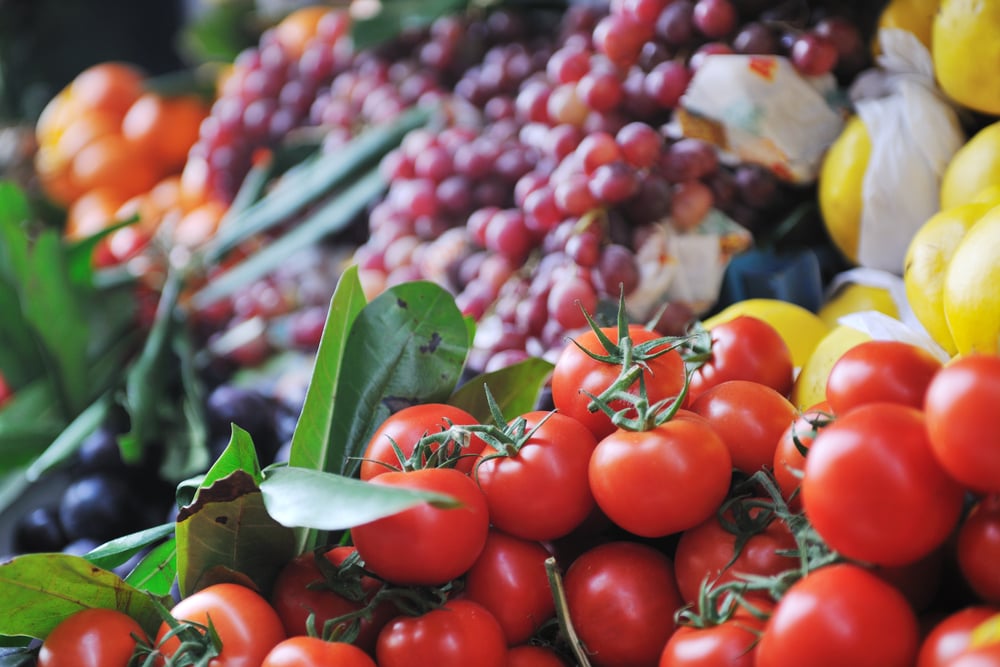
Teaching is a cognitively complex profession. In the course of a single school day, an educator must make hundreds of decisions and respond quickly to the myriad unexpected turns that life in the classroom presents. You have a high-energy job, so it's essential to prime your brain and body with the right fuel.
Eating a brain-boosting diet can support both short- and long-term brain function. The brain requires certain nutrients to stay healthy. Omega-3 fatty acids, for example, help build and repair brain cells, and antioxidants to reduce cellular stress and inflammation.
Here are 12 of the best brain foods researched by Medical News Today
1. Oily fish
Oily fish contains omega-3 fatty acids that can help boost brain health.
Omega-3s help build membranes around each cell in the body, including the brain cells. They can, therefore, improve the structure of brain cells called neurons. Researchers have identified a connection between omega-3 levels and better cognition or thinking abilities. Examples of oily fish that contain high levels of omega-3s include:
- salmon
- mackerel
- tuna
- herring
- sardines
People can also get omega-3s from soybeans, nuts, flaxseed, and other seeds.
2. Dark chocolate
Dark chocolate contains cocoa, also known as cacao. Cacao contains flavonoids, a type of antioxidant.
Antioxidants are especially important for brain health, as the brain is highly susceptible to oxidative stress, which contributes to age-related cognitive decline and brain diseases.

3. Berries
Like dark chocolate, many berries contain flavonoid antioxidants. The antioxidants in berries include anthocyanin, caffeic acid, catechin, and quercetin. Antioxidant-rich berries that can boot brain health include:
- strawberries
- blackberries
- blueberries
- blackcurrants
- mulberries
4. Nuts and seeds
Nuts and seeds are a plant-based source of healthful fats and proteins. Eating more nuts and seeds may be good for the brain, as these foods contain omega-3 fatty acids and antioxidants. A study found that vitamin E may also contribute to improved cognition and reduced risk of Alzheimer’s disease.
The nuts and seeds with the highest amounts of vitamin E include:
- sunflower seeds
- almonds
- hazelnuts
5. Whole grains
Eating whole grains is another way to benefit from the effects of vitamin E. Whole-grain foods include:
- brown rice
- barley
- bulgur wheat
- oatmeal
- whole-grain bread
- whole-grain pasta
6. Coffee
Coffee is a well-known concentration aid — many drink it to stay awake and encourage focus.
The caffeine in coffee blocks a substance in the brain called adenosine, which makes a person feel sleepy.
Beyond boosting alertness, caffeine may also increase the brain’s capacity for processing information.
Coffee is also a source of antioxidants, which may support brain health as a person gets older.
Caffeine can, however, affect a person’s sleep and doctors do not recommend caffeine consumption for everyone.
7. Avocados
A source of healthful unsaturated fat, avocados may support the brain.
Eating monounsaturated fats may reduce blood pressure, and high blood pressure is linked with
cognitive decline. Thus, by reducing high blood pressure, the unsaturated fats in avocados may lower the risk of cognitive decline.
Other sources of healthful unsaturated fats include:
- almonds, cashews, and peanuts
- flaxseed and chia seeds
- soybean, sunflower, and canola oils
- walnuts and Brazil nuts
- fish

8. Peanuts
Peanuts are a legume with an excellent nutritional profile. They contain plenty of unsaturated fats and protein to keep a person’s energy levels up throughout the day. Peanuts also provide key vitamins and minerals to keep the brain healthy, including high levels of vitamin E and resveratrol.
Resveratrol is a natural non-flavonoid antioxidant found in peanuts, mulberries, and rhubarb.
9. Eggs
Enjoyed by many for breakfast, eggs can be an effective brain food.
They are a good source of the following B vitamins:
- vitamin B-6
- vitamin B-12
- folic acid
Recent research suggests that these vitamins may prevent brain shrinkage and delay cognitive decline.
10. Broccoli
Broccoli is rich in compounds called glucosinolates. When the body breaks these down, they produce isothiocyanates. Isothiocyanates may reduce oxidative stress and lower the risk of neurodegenerative diseases. Broccoli also contains vitamin C and flavonoids, and these antioxidants can further boost a person’s brain health.
Other cruciferous vegetables that contain glucosinolates include:
- brussels sprouts
- bok choy
- cabbage
- cauliflower
- turnips
- kale
11. Kale
Leafy greens, including kale, may support brain health. Like broccoli, kale contains glucosinolates, and leafy greens also contain other key antioxidants, vitamins, and minerals. This is why many consider kale to be a superfood.
12. Soy products
Soybean products are rich in a particular group of antioxidants called polyphenols.
Soy products contain polyphenols called isoflavones, including daidzein and genistein. These chemicals act as antioxidants, providing a range of health benefits throughout the body.

In summary, the brain is an energy-intensive organ, using around 20 percent of the body’s calories, so it needs plenty of good fuel to maintain concentration throughout the day. The brain also requires certain nutrients to stay healthy. Omega-3 fatty acids, for example, help build and repair brain cells, and antioxidants reduce cellular stress and inflammation, which are linked to brain aging and neurodegenerative disorders, such as Alzheimer’s disease.
Beyond adjusting the diet, a person can optimize their brain function by:
- not eating too much or too little
- getting enough sleep
- keeping hydrated
- exercising regularly
- reducing stress through yoga, mindfulness, or meditation
- reducing alcohol intake
Eating a brain-boosting diet will also provide many benefits for the entire body.
